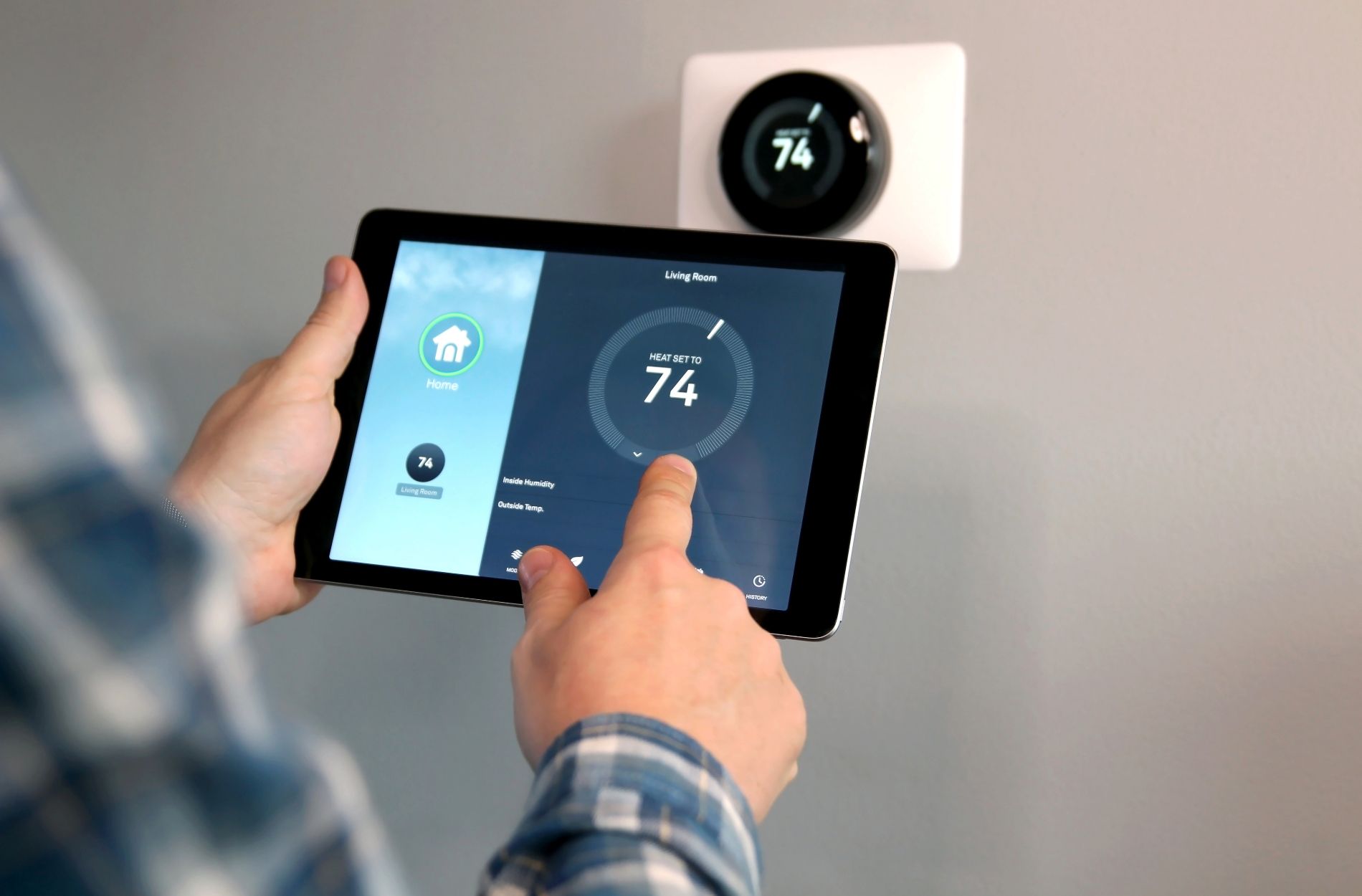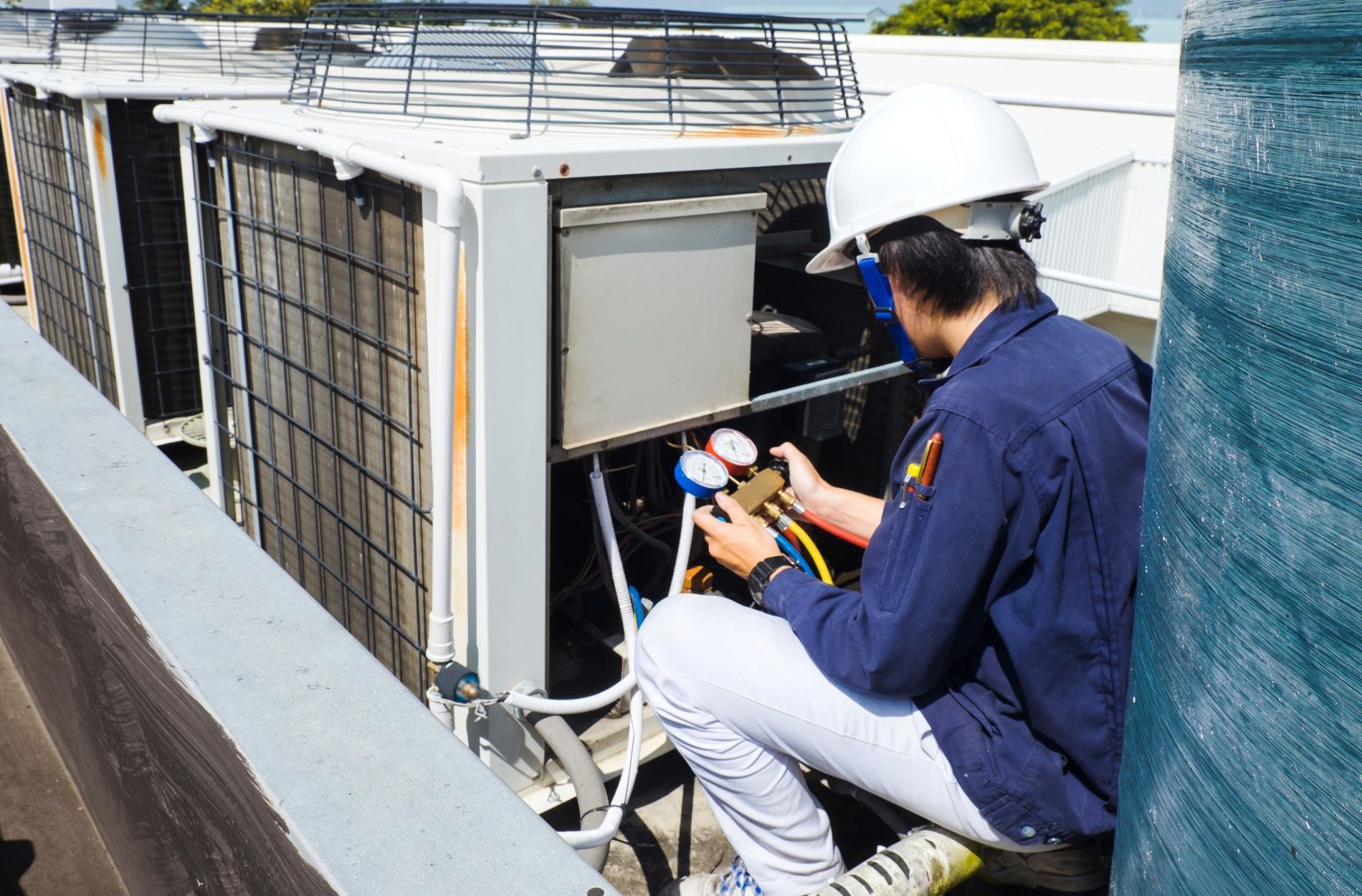Best HVAC Upgrades for Energy Savings
Saving energy at home has become more important than ever. Not only does it help the environment, but it also saves money on utility bills. One of the best ways to make your home more energy-efficient is by upgrading your HVAC system. Your heating, ventilation, and air conditioning (HVAC) system plays a significant role in your home's energy use.
Many homeowners don't realize just how much energy their HVAC system can waste if it's outdated or poorly maintained. Fortunately, there are several upgrades you can make to improve efficiency. These upgrades can help your system work better, reduce your energy consumption, and make your home more comfortable.
In this article, we will explore some of the best HVAC upgrades you can invest in for energy savings. Each upgrade offers unique benefits that can contribute to a more efficient and cost-effective home. From programmable thermostats to improving insulation, there are plenty of options to consider.
Install a Programmable Thermostat
One of the easiest and most effective ways to save energy with your HVAC system is by installing a programmable thermostat. These devices allow you to set the temperature according to your schedule, ensuring your system runs efficiently when you need it and conserves energy when you don't. For example, you can set the thermostat to lower the temperature when you're at work or asleep and raise it before you return home or wake up.
Programmable thermostats come with various features that enhance convenience and energy savings. Some models learn your behavior and adjust settings automatically. Others offer remote control through smartphone apps, allowing you to make adjustments from anywhere. These smart features not only save energy but also ensure your home remains comfortable at all times.
Installing a programmable thermostat is a relatively simple upgrade that can have a significant impact on your energy bills. By optimizing the temperature settings based on your lifestyle, you can reduce energy waste and see noticeable savings. It's a small investment that pays off quickly, making it a must-have for any energy-conscious homeowner.
Upgrade to Energy-Efficient HVAC Systems
If your HVAC system is more than 10-15 years old, it might be time for an upgrade. Newer systems are much more energy-efficient, thanks to advancements in technology. Modern HVAC systems use less energy to produce the same amount of heating or cooling, which can lead to substantial savings over time.
When upgrading, look for ENERGY STAR® certified systems. These models meet strict energy efficiency guidelines set by the U.S. Environmental Protection Agency. They use less energy than standard models without sacrificing performance. Upgrading to an energy-efficient system can lower your utility bills and reduce your carbon footprint.
There are several types of energy-efficient HVAC systems to consider:
- Heat Pumps: These systems provide both heating and cooling and are known for their high efficiency.
- Variable-Speed Units: These models adjust their speed to match the demand, operating more efficiently than traditional units.
- Zoned HVAC Systems: These systems divide your home into zones, allowing you to heat or cool specific areas as needed.
Choosing the right energy-efficient HVAC system depends on your home's size, climate, and specific needs. Consulting with a professional can help you make an informed decision. Upgrading to a modern, energy-efficient HVAC system is a significant step toward reducing energy consumption and improving home comfort.
Improve Home Insulation and Air Sealing
An often overlooked aspect of HVAC efficiency is the insulation and sealing of your home. Even the most advanced HVAC system will struggle to maintain the desired temperature if your home is poorly insulated or has air leaks. Improving insulation and sealing gaps can help keep the warm air inside during winter and cool air inside during summer, reducing the workload on your HVAC system.
Start by checking your attic, walls, and floors for proper insulation. Use materials like fiberglass or foam to fill any gaps. Insulation helps maintain a consistent temperature inside your home, making your HVAC system's job easier and more efficient.
Air sealing is equally important. Look for cracks and gaps around windows, doors, and ducts. Use caulk or weather stripping to seal these areas. Even small leaks can lead to significant energy loss over time. Additionally, consider upgrading to energy-efficient windows and doors, which offer better insulation compared to older models.
Enhance HVAC Performance with Regular Maintenance
Regular maintenance is crucial for keeping your HVAC system running smoothly and efficiently. Just like any other machine, HVAC systems require routine check-ups to ensure they are operating at their best. Scheduling regular maintenance can help identify minor issues before they become big problems, saving you time and money in the long run.
Here are some essential maintenance tasks:
- Replace Air Filters: Dirty filters can restrict airflow, making your system work harder. Replacing them every few months improves efficiency.
- Clean Coils and Blowers: Dust and dirt on coils and blowers can impede performance. Regular cleaning ensures optimal operation.
- Check Refrigerant Levels: Low refrigerant can reduce cooling efficiency. Make sure levels are correct to maintain performance.
- Inspect Ducts: Leaking ducts can waste energy. Sealing them helps direct airflow where it’s needed most.
Regular professional inspections can also help. Expert technicians can spot potential problems that you might miss and provide valuable tips for maintaining your system’s efficiency. Keeping your HVAC system in top shape will ensure it runs efficiently, saving energy and reducing costs.
Conclusion
Upgrading your HVAC system to enhance energy savings is a smart move for any homeowner. From installing a programmable thermostat to improving home insulation and sealing, these upgrades can significantly reduce your energy consumption and utility bills. Regular maintenance ensures your system remains efficient, providing consistent comfort throughout the year.
Ready to make your home more energy-efficient? Contact us at Anytime Heating & Air today to schedule an inspection or learn more about our
HVAC services in Owensboro. We're here to help you achieve the comfort and savings you deserve!


